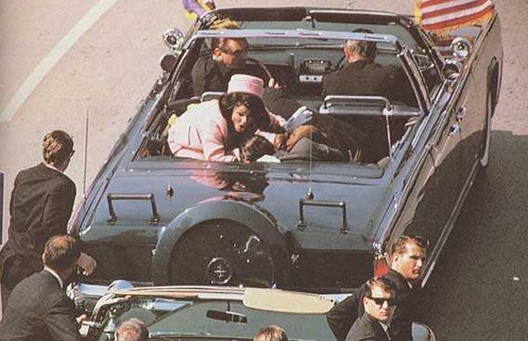November 22, 1963, is a date etched in the collective memory of the United States – a day when tragedy struck and the nation lost its 35th president, John F. Kennedy. The city of Dallas became the backdrop for one of the most significant events in American history.
President Kennedy, accompanied by his wife Jacqueline, was on a political visit to Texas when his motorcade passed through Dealey Plaza in Dallas. It was in this picturesque setting that shots rang out, forever altering the course of American politics. Kennedy was assassinated, leaving the nation in shock and mourning.
The details surrounding Kennedy’s assassination have been the subject of extensive investigation and speculation. Lee Harvey Oswald was arrested but was himself killed before a trial could uncover the full truth. Conspiracy theories abound, adding an air of mystery to that fateful day.
Kennedy’s death had profound implications for the United States. The charismatic leader, known for his inspirational speeches and vision for a better America, was gone. His death marked the end of an era and initiated a period of uncertainty for the nation.
The assassination of President Kennedy not only changed the course of history but also left an indelible mark on the city of Dallas. Despite the city’s growth and development over the years, the shadow of that tragic day still lingers. Dealey Plaza has become a solemn landmark, attracting visitors who come to reflect on the events that transpired on that fateful afternoon.
As the years pass, the legacy of Kennedy and the events of Dallas 1963 continue to captivate historians, researchers, and the public. The assassination remains a topic of intense interest and debate, a symbol of a moment frozen in time.



Recent Comments